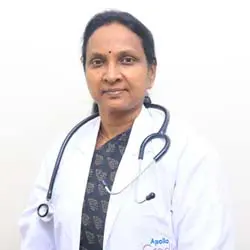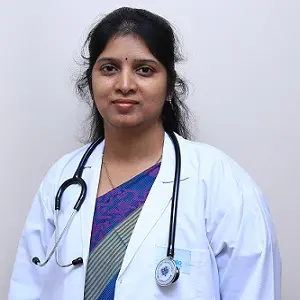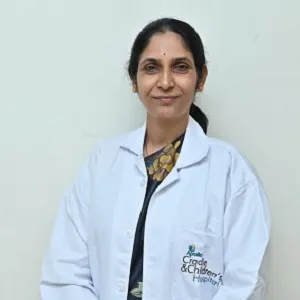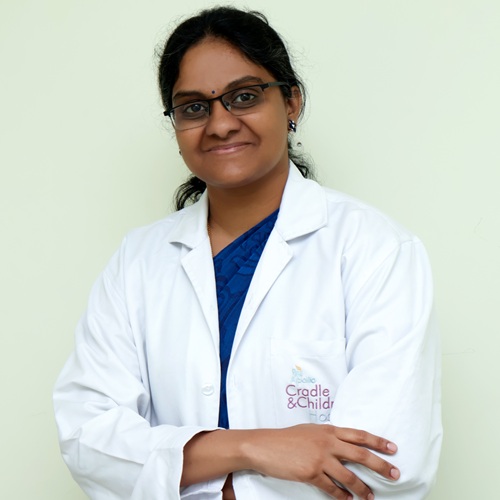What are Ovarian Issues?
Ovarian issues refer to a range of conditions that can affect the ovaries, which are two small organs located on either side of the uterus. These issues can include:
- Ovarian cysts: These are fluid-filled sacs that can develop on or within the ovaries. Some cysts are benign (noncancerous) and will go away on their own, while others may require treatment.
- Polycystic ovary syndrome (PCOS): This is a hormonal disorder in which the ovaries become enlarged and contain multiple small cysts. PCOS can cause irregular periods, acne, weight gain, and excessive hair growth.
- Ovarian cancer: This is a type of cancer that starts in the ovaries. It is often difficult to diagnose in its early stages, but the symptoms can include abdominal pain or swelling, bloating, and difficulty eating.
- Ovarian torsion: This is a serious condition in which the ovary twists on its ligaments, cutting off its blood supply. Symptoms can include severe pelvic pain and nausea.
- Ovarian hyperstimulation syndrome (OHSS): This is a condition that can occur when women undergo fertility treatments and their ovaries become swollen and painful.
- Endometriosis: This is a condition in which the tissue that lines the uterus (endometrium) grows outside of the uterus. It can cause pelvic pain and infertility.
- Ovarian cystectomy: This is the surgical removal of an ovarian cyst.
The Symptoms of Ovarian Issues
Symptoms of ovarian issues can vary depending on the specific condition, but some common symptoms include:
- Ovarian cysts: Symptoms can include pelvic pain, bloating, and pressure on the bladder or rectum. Some women may not experience any symptoms at all.
- PCOS: Symptoms can include irregular periods, acne, weight gain, excessive hair growth, and difficulty getting pregnant.
- Ovarian cancer: Symptoms can include abdominal pain or swelling, bloating, and difficulty eating. Other symptoms can include back pain, changes in bowel or bladder habits, and feeling full quickly.
- Ovarian torsion: Symptoms can include severe pelvic pain, nausea, and vomiting.
- OHSS: Symptoms can include abdominal swelling and pain, nausea, and vomiting.
- Endometriosis: Symptoms can include pelvic pain, especially during periods, heavy or irregular periods, and pain during sex.
- Ovarian cystectomy: Symptoms can include pain, bloating, and discomfort.
What causes Ovarian Issues?
The causes of ovarian issues can vary depending on the specific condition, but some common causes include:
- Ovarian cysts: Ovarian cysts can be caused by hormonal imbalances, endometriosis, or an injury to the ovary.
- PCOS: This is caused due to hormonal imbalances, particularly an excess of androgens (male hormones) in the body.
- Ovarian torsion: Ovarian torsion can be caused by a cyst or tumour on the ovary that causes it to rotate or twist on its ligaments.
- OHSS: OHSS can be caused by the use of fertility drugs to stimulate ovulation.
When should I see a doctor?
- Ovarian cysts: If you have pain or discomfort in your pelvic area, see your doctor for an examination and ultrasound to check for cysts.
- Polycystic ovary syndrome (PCOS): If you have irregular periods, acne, weight gain, excessive hair growth, or difficulty getting pregnant, see your doctor for an examination and blood tests to check for PCOS.
- Ovarian cancer: If you have symptoms such as abdominal pain or swelling, bloating, and difficulty eating, see your doctor for a physical examination, blood tests, and imaging studies to check for ovarian cancer.
- Ovarian torsion: If you have severe pelvic pain and nausea, see your doctor immediately as this is a medical emergency.
- Ovarian hyperstimulation syndrome (OHSS): If you have abdominal swelling and pain, nausea, and vomiting, see your doctor immediately.
- Endometriosis: If you have pelvic pain, especially during periods, heavy or irregular periods, or pain during sex, see your doctor for an examination, ultrasound, and possibly a laparoscopy.
- Ovarian cystectomy: If you have pain, bloating, and discomfort, you may need to see your doctor for a surgical procedure.
In general, if you have any symptoms or concerns related to your ovarian health, do not hesitate to see a doctor as soon as possible. Your doctor can help diagnose the specific condition and provide appropriate treatment.
Remedies/ Treatment
The treatment for ovarian issues can vary depending on the specific condition, but some common remedies include:
- Ovarian cysts: Most cysts will go away on their own, but if they are causing pain or discomfort, your doctor may recommend birth control pills to regulate hormones and reduce the risk of cyst development or may drain the cyst if it is large.
- PCOS: Treatment may include birth control pills to regulate hormones and regulate periods, metformin to help control blood sugar levels and weight, and medications to reduce excessive hair growth.
- Ovarian cancer: Treatment for ovarian cancer usually involves a combination of surgery and chemotherapy. The type of surgery will depend on the stage of cancer and the patient's overall health.
- Ovarian torsion: Emergency surgery is required to untwist the ovary and restore blood flow.
- Ovarian hyperstimulation syndrome (OHSS): Treatment may include bed rest, fluid and electrolyte replacement, and medications to reduce symptoms.
- Endometriosis: Treatment can include pain relievers, hormonal therapy, such as birth control pills or a progestin-releasing intrauterine device (IUD), or surgery to remove the endometrial tissue.
- Ovarian cystectomy: Surgery may be necessary to remove the cyst.
It is important to note that some lifestyle changes such as maintaining a healthy weight, exercising regularly, and reducing stress can also help in managing ovarian issues.
Request an appointment at Apollo Cradle, Hyderabad - Kondapur. Call 1860-500-4424 to book an appointment.
Yes, some ovarian issues such as PCOS, endometriosis, and ovarian cancer can cause infertility. However, many women with these conditions are still able to conceive with proper treatment.
Ovarian cysts are fluid-filled sacs that can develop on or within the ovaries. They are usually benign and go away on their own. Ovarian cancer, on the other hand, is a type of cancer that starts in the ovaries and can be malignant.
Some ovarian issues, such as ovarian cysts, may not be preventable, but early diagnosis and treatment can help minimise the risk of complications. In some cases, lifestyle changes such as maintaining a healthy weight, exercising regularly, and reducing stress can also help in managing ovarian issues.
Some ovarian issues such as ovarian cysts can be treated during pregnancy, but the treatment options may be limited.

 95% Patient Satisfaction Score
95% Patient Satisfaction Score











